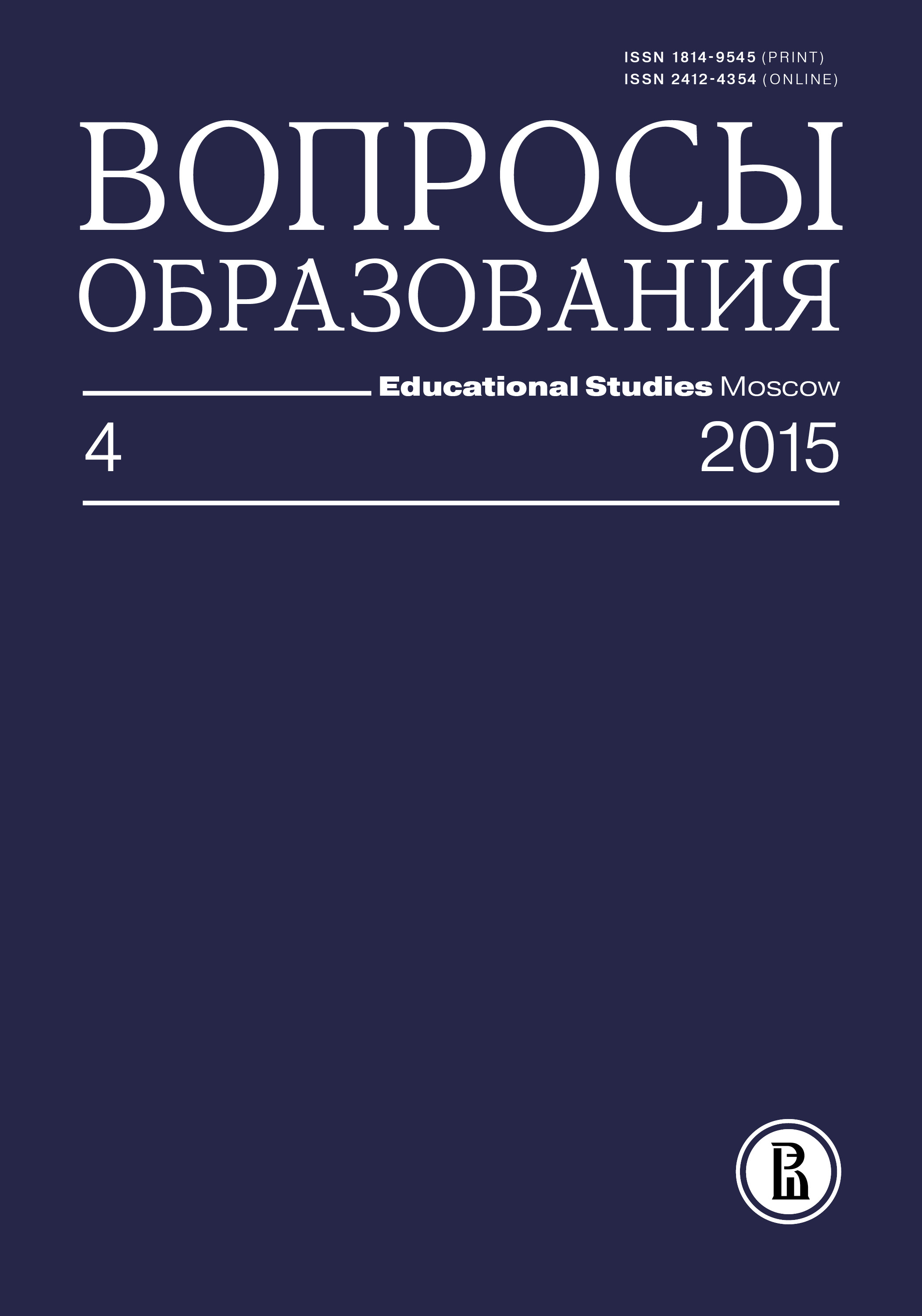The Concept of Self-Efficacy as a Methodological Basis for Parent Education Programs
Abstract
The article considers the main stages in the development of educational programs for parents in Europe, the US and Russia. We describe content a nd organizational features of these programs. The first stage is emergence of schools for mothers at the turn of the XIX century. These schools were aimed at informing parents of hygiene and health. The second stage is emergence of trainings designed for development of parental competence and skills in 1960-s. Finally, the contemporary trend in educational programs for parents is programs which deal with personal traits of a parent, and in particular with parental self-efficacy. Theoretical and empirical basis for using self-efficacy as a core concept in educational programs for parents is provided. At the second part of the article we briefly describe an educational program for parents which we have developed and results of our mpirical study of factors affecting parental self-efficacy which we used as a basis. In line with Bandura’s theory of self-efficacy it turned out that maternal self-efficacy is negatively associated with the extent to which there is a disagreement in parenting practices between a mother and her relatives and friends. So we argue that improving parents ability to build conflict-free relationships, negotiate or resist criticism from others is an essential part of educational rograms for parents aimed at developing parental self-efficacy.









